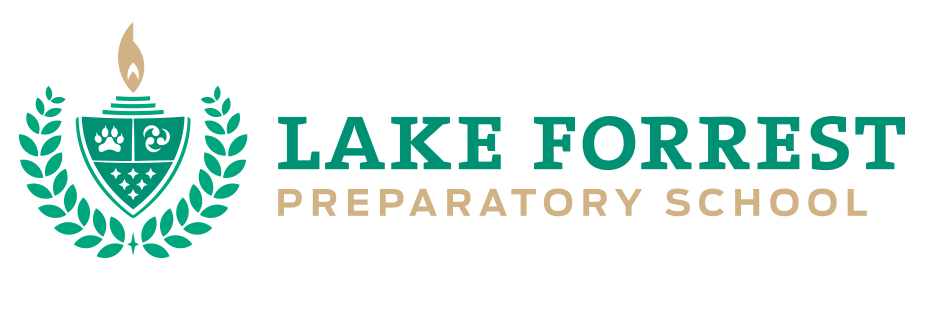With Thanksgiving around the corner, it’s the perfect time to talk with your child about thankfulness—an essential value that can enhance their happiness, resilience, and empathy. Thankfulness is more than just saying “thank you” when they receive something; it’s an appreciation for the good things in life, big or small, that brings a positive outlook and builds stronger relationships.
Why Thankfulness Matters
Teaching your child thankfulness helps them develop a mindset of gratitude, leading to higher levels of optimism, patience, and empathy. Thankful children often grow into adults who are more resilient, mindful, and engaged with the world around them. They learn to focus on what they have rather than what they don’t, fostering a sense of contentment and reducing materialism. This kind of outlook doesn’t just make them happier—it can also strengthen family bonds and improve their connections with others.
Ways to Actively Teach Thankfulness
- Model Thankfulness: Children are keen observers, often imitating the adults in their lives. Show them thankfulness by expressing your own gratitude out loud. Mention things you’re thankful for in everyday life—whether it’s a delicious dinner, a sunny day, or the support of family and friends. This helps your child see gratitude as a regular part of life.
- Encourage Daily Gratitude: Make thankfulness a daily habit by having your child list one or two things they’re grateful for each day. This can be a quick conversation during a car ride or before bedtime. Consider starting a gratitude journal together, where they can write or draw what made them feel happy or thankful that day.
- Show Appreciation for Others: Encourage your child to say “thank you” when others help them, whether it’s a friend sharing a snack or a teacher offering guidance. You can also support them in writing simple thank-you notes for gifts or acts of kindness, helping them recognize the importance of expressing gratitude.
- Give Back Together: Participate in volunteer activities as a family, like helping at a food bank or writing holiday cards for neighbors. Giving back reminds children how they can positively impact others, helping them feel gratitude for their own blessings and fostering compassion.
By integrating thankfulness into daily life, you can help your child develop a positive outlook and an enduring appreciation for the good things, no matter how big or small. At Lake Forrest Prep, we foster and enrich the moral character of all of our students through holistic education and supportive encouragement. Visit our website to learn more about our mission.


